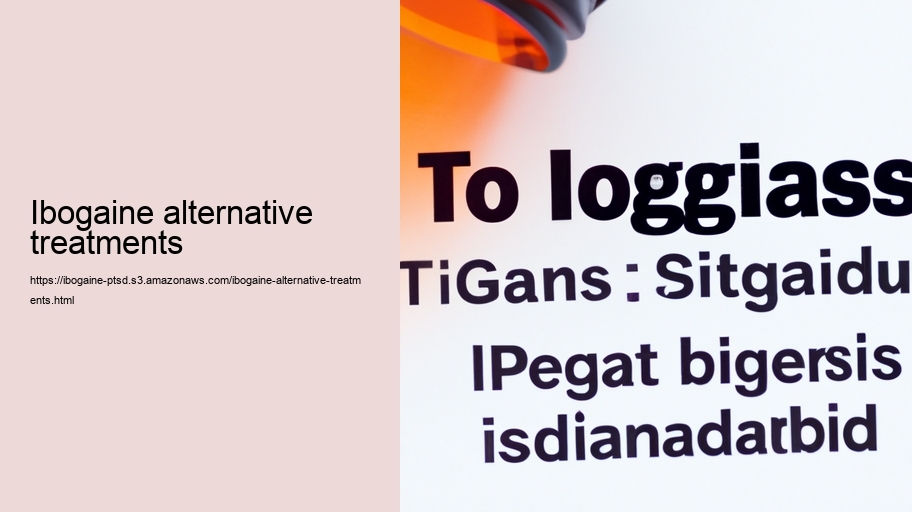Ibogaine, an alkaloid derived from the root bark of the West African shrub Tabernanthe iboga, has gained notoriety for its potential in treating opioid addiction and other substances. Its use is characterized by a psychoactive phase that can induce intense visions and introspection, which some individuals claim helps them to understand and overcome the psychological aspects of their addiction. However, due to legal constraints, safety concerns, and accessibility issues surrounding ibogaine, there is a growing interest in finding alternative treatments that offer similar benefits without the associated risks. In this essay, we will explore several such alternatives.
Firstly, let's consider traditional addiction treatment programs that combine medical detox with counseling and behavioral therapies. These programs do not necessarily provide the same type of one-time experience as ibogaine but are widely recognized and have been refined over decades to help individuals build skills for long-term recovery. Cognitive-behavioral therapy (CBT), motivational interviewing (MI), and contingency management are examples of evidence-based approaches used within these settings.
Another approach showing promise is the use of other psychedelics like psilocybin or LSD under controlled therapeutic conditions. Research into these substances has revealed potential benefits in treating a variety of mental health conditions including depression, anxiety, and PTSD - all of which can be intertwined with substance abuse disorders. Johns Hopkins University and New York University have conducted studies demonstrating psilocybin's efficacy in creating lasting change in behavior when combined with therapy.
Kratom (Mitragyna speciosa) is another naturally occurring substance gaining attention as an at-home remedy for opioid withdrawal symptoms. Kratom has both stimulant-like effects at lower doses and sedative effects at higher doses due to its active compounds mitragynine and 7-hydroxymitragynine which interact with opioid receptors. However, it should be noted that while kratom could potentially alleviate withdrawal symptoms temporarily it carries its own risk of dependence.
In addition to pharmacological substitutes, mindfulness meditation practices have also shown effectiveness as part of a holistic treatment plan for addiction by promoting mental discipline and emotional regulation – essential tools for managing cravings and avoiding relapse.
Advancements in technology have introduced novel treatment modalities such as neurofeedback where patients learn to alter their brainwaves to improve cognitive function; this may aid those recovering from addiction by enhancing self-control mechanisms within the brain. Virtual reality exposure therapy (VRET) offers another technological application where simulated environments help patients face triggers safely within a controlled setting facilitating desensitization processes without real-world risks.
Additionally promising are community-led support systems like 12-step programs or SMART Recovery which offer peer support networks emphasizing personal empowerment through shared experiences; although fundamentally different from ibogaine's mechanism they foster resilience against relapse through social reinforcement.
Finally emerging scientific explorations into deep brain stimulation (DBS) suggest future potential wherein targeted electrical impulses may help correct dysfunctions related directly or indirectly to addictive behaviors though this area remains largely experimental at present time.
In conclusion while Ibogaine presents unique qualities thought beneficial by some seeking freedom from addiction its legal status limited availability high cost potential side-effects make it less accessible or appropriate for many individuals struggling with substance dependency; thankfully ongoing research continues unveiling new insights leading toward safer more practical solutions enabling those affected by addictions reclaim control over their lives free from chemical bondage. As our understanding develops so too does hope expand offering brighter futures free from the grip of dependence whether through traditional therapies innovative uses established drugs meditative techniques peer-support networks cutting-edge technologies each path providing valuable avenues toward healing transformation recovery.
